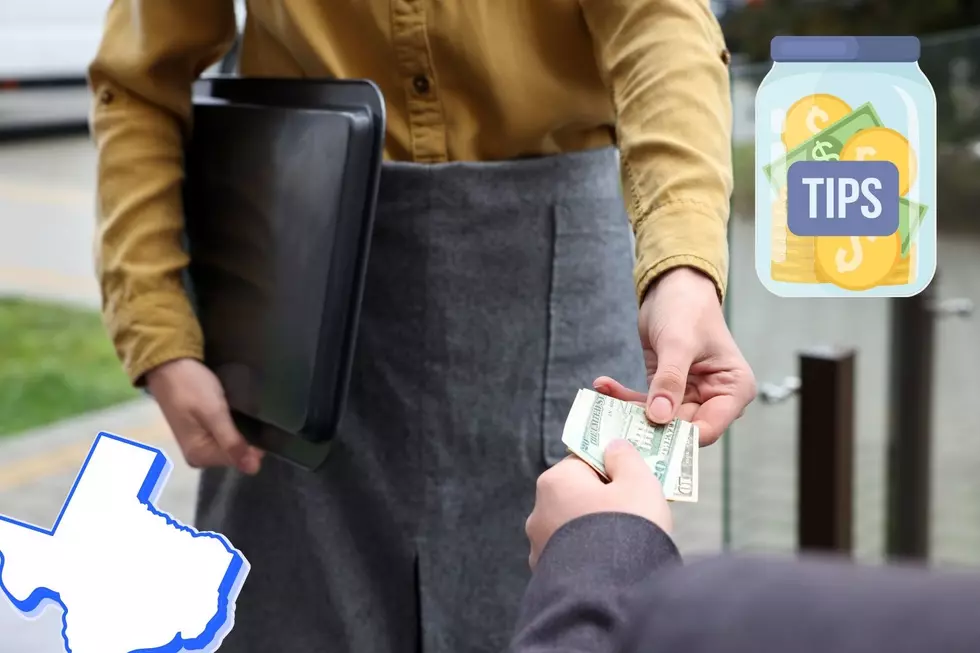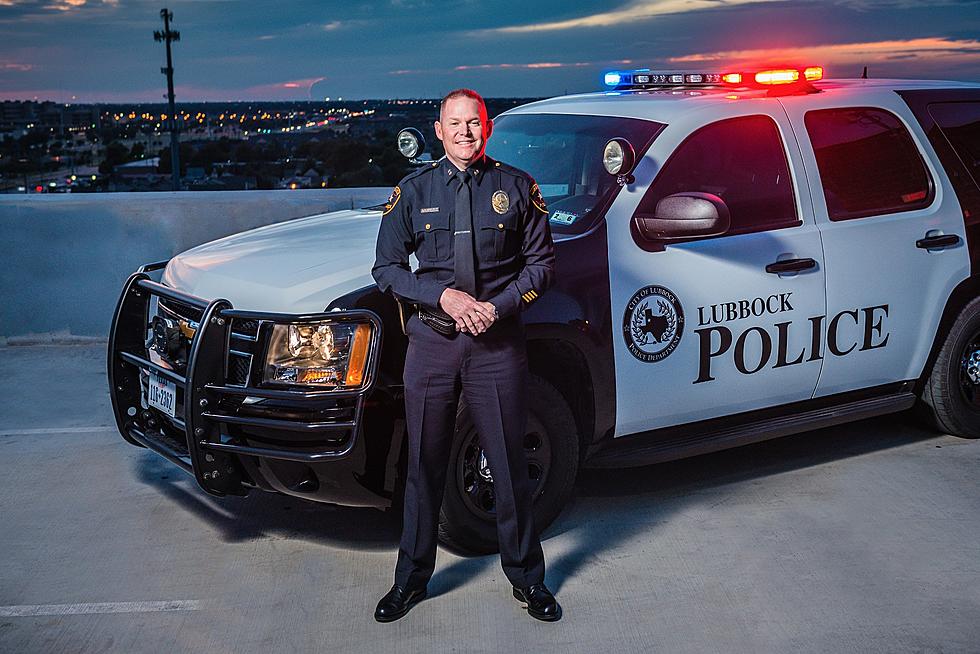
DUI vs. DWI in Texas: What’s the Difference?
In Texas, anyone can drive under the influence, but only some can drive while intoxicated. The determining factor? Age.
DWI in Texas
According to Section 49.04 of the Texas Penal Code, a DWI only occurs when operating a motor vehicle in public places while intoxicated (alcohol concentration of 0.08 or more in your body).
This first offense alone constitutes a Class B misdemeanor with up to 180 days in jail. Now, this can be ramped up to harsher penalties or even a felony in some extreme cases, like having a BAC (Blood Alcohol Content) of 0.15 or higher, or driving with a child in the car.
Having a second DWI charge in Texas means Class A misdemeanor. A third charge means third-degree felony and a potential 2 to 10 years with a fine of up to $10,000.
DUI in Texas
Driving under the influence is a charge typically reserved for minors in Texas, thus it differs from DWI due to the fact that persons under the age of 21 aren't even legally allowed to consume alcohol, or become "intoxicated".
Any amount of alcohol in a minor's body while driving is not permissible, whether it's above or below 0.08% BAC. As long as a police officer has reasonable suspicion, the driver at any age is subject to sobriety tests.
Penalties for minors charged with DUI range from 2,000-dollar fines with 72 hours in jail, to the same charges as adults: 2 to 10 years in jail with fines up to $10,000.
Now the next time you hear DUI or DWI in Texas, hopefully you'll know the basics as to how they differ from each other.
If you witness a drunk driver on the road and fear for your safety or that of others, please call the Motorist Hotline at 1-800-525-5555.
10 States With the Highest Rates of DUI Arrests.
Gallery Credit: Kyle Matthews
7 Weird Texas Laws That Actually Exist
More From News/Talk 95.1 & 790 KFYO









